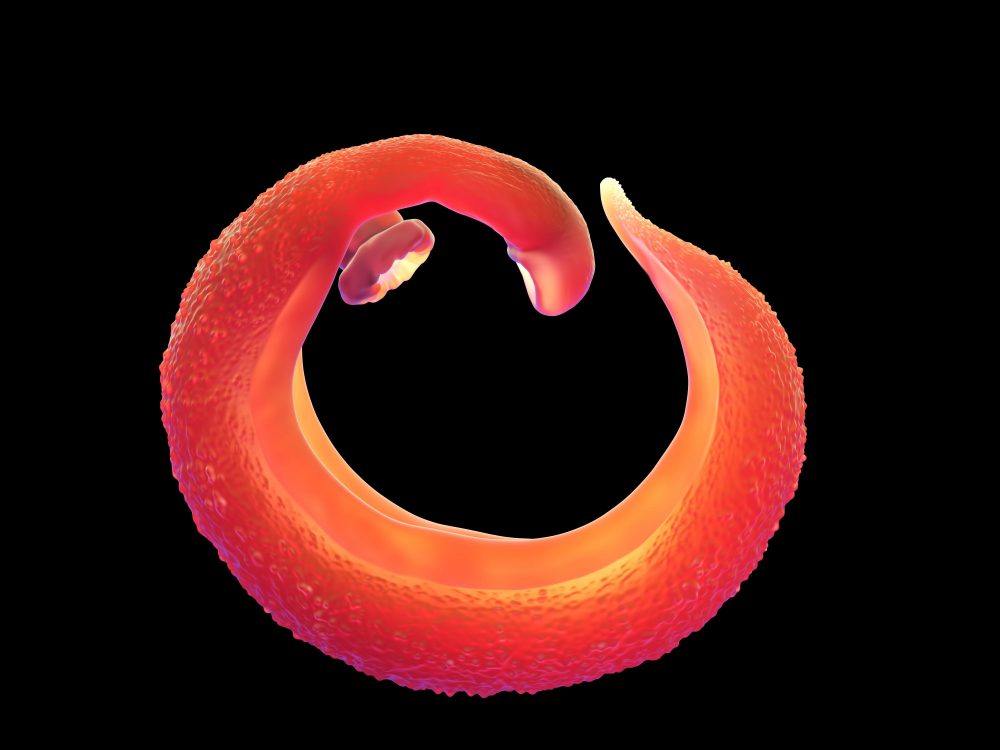
A WUN research team has investigated the efficacy of traditional Ghanaian medicines in combating neglected tropical diseases (NTDs) and identified several such that are highly effective, at least in a laboratory setting.
As their name suggests, NTDs receive little research attention or funding – despite affecting over a billion people across the globe – and conventional medicines for these diseases are often unavailable, inaccessible or unaffordable to those who need them. Moreover, some of the drugs currently used to treat NTDs are diminishing in efficacy due to overuse, leading to drug resistance.
“These are diseases of the poor,” said Dorcas Osei-Safo, an associate professor at the University of Ghana and the project’s lead researcher. “The majority of the people who are affected by them cannot afford to buy [conventional] medicines, and most pharmaceutical companies are not interested in developing drugs for these diseases, because there is no market for them.”
Many people who are affected by NTDs use traditional medicines to treat them –due to their greater affordability and accessibility, and to local beliefs about their relative benefits and safety. “In some places, [traditional medicine] is the only available source of health care,” said Osei-Safo. “And even when the conventional medicines are available, you may get a greater percentage of people choosing traditional medicines because they believe in them more; many people think that they have fewer adverse effects than conventional medicines.”
To date, however, there has been little research on the efficacy of these remedies. Osei-Safo’s research team is exploring traditional Ghanaian medicines used to treat three NTDs that affect large numbers of people: schistosomiasis (snail fever), onchocerciasis (commonly known as river blindness) and lymphatic filariasis (also called elephantiasis), which are all caused by different kinds of parasitic worms.
The team collaborated with the Ghana Federation of Traditional Medicine Practitioners Association to obtain 15 traditional herbal medicines and to learn how they are prepared and administered. Then they prepared laboratory extracts of the medicines’ active ingredients, to which they exposed parasites that cause the targeted NTDs, as well as to several parasites that cause other common NTDs.
“The experiments showed that there is, indeed, considerable efficacy in some of the local remedies that are being used”
The researchers found that two of the extracts significantly inhibited the movement of the worms that cause schistosomiasis, by 78% and 84% respectively. Another extract killed 100% of male and 60% of female worms that cause onchocerciasis. Eight of the extracts tested also showed strong activity against trypanosomes, parasites that cause a number of other NTDs that were not the targets of the medicines being tested. One of the extracts was found to be more effective against trypanosomes than the drug, diminazene aceturate, generally used to combat them.
The findings were published in PLOS Neglected Tropical Diseases in December 2020. “The experiments showed that there is, indeed, considerable efficacy in some of the local remedies that are being used,” said Osei-Safo. “Now, more research is required to develop these further into medications.”
Osei-Safo also acknowledged that “drug development is an expensive and time-consuming venture”, and that research and consideration should also be directed towards the medicines’ current applications. In this context, her team is investigating how well various locally-available remedies actually work, with the hope of collaborating with the Ghanaian government to grant traditional medicine practitioners licenses to administer those that are adequately safe and effective.